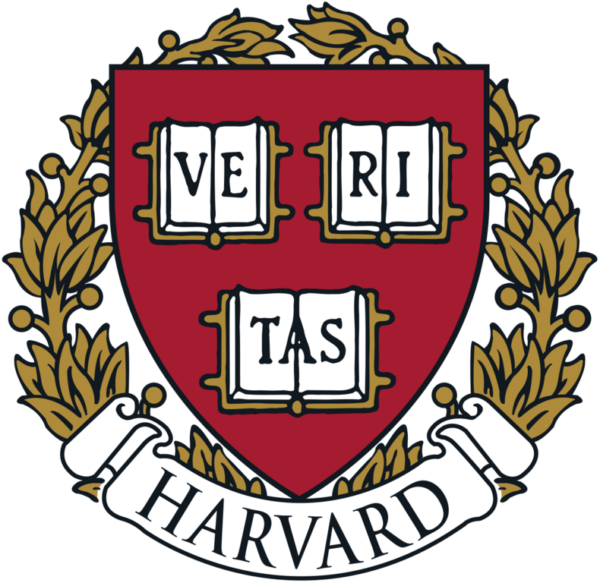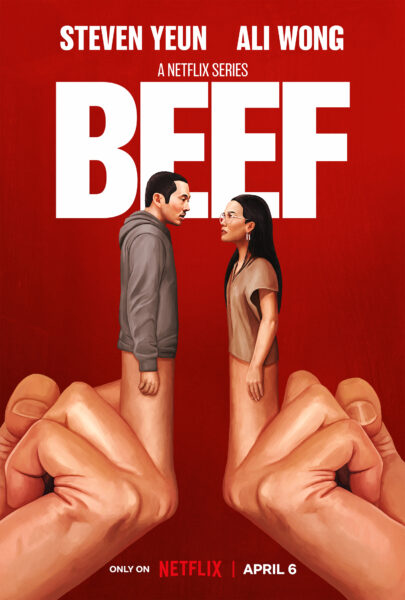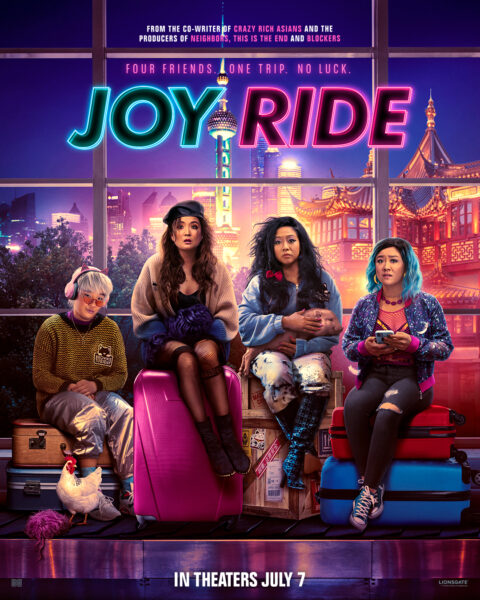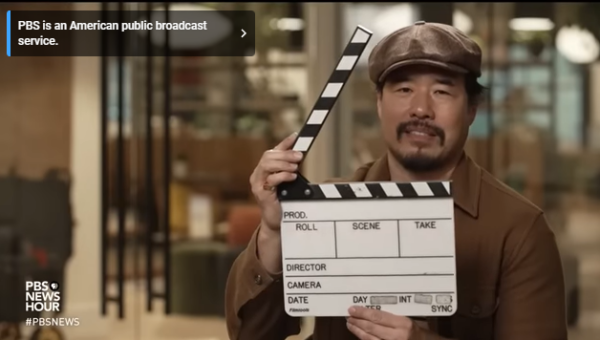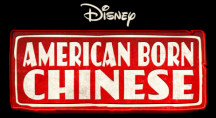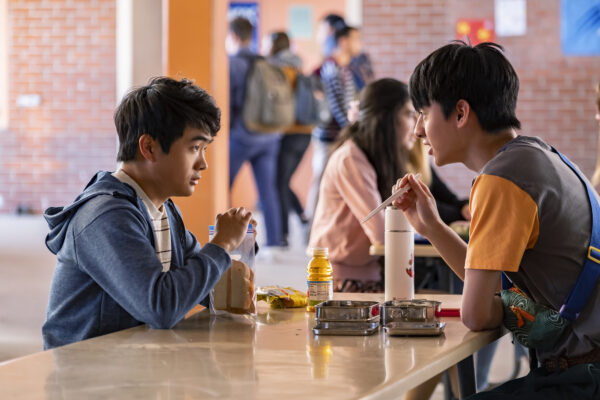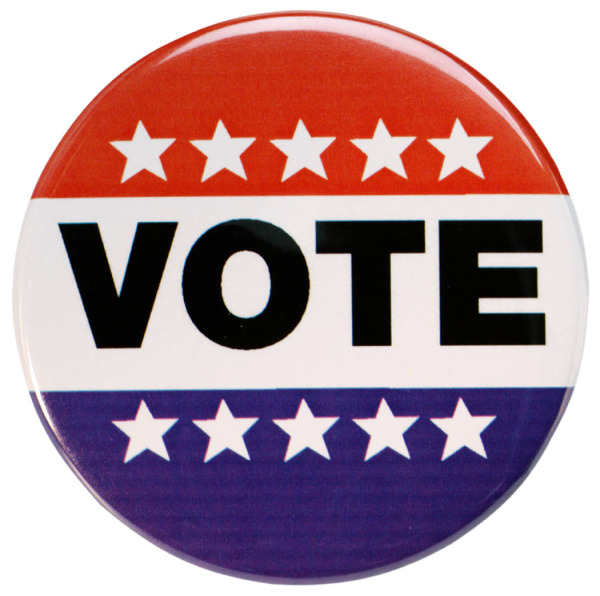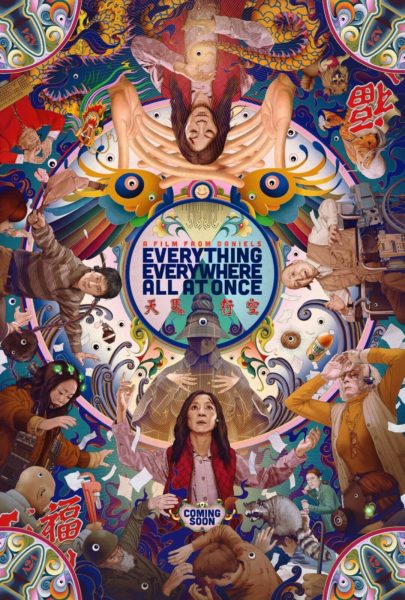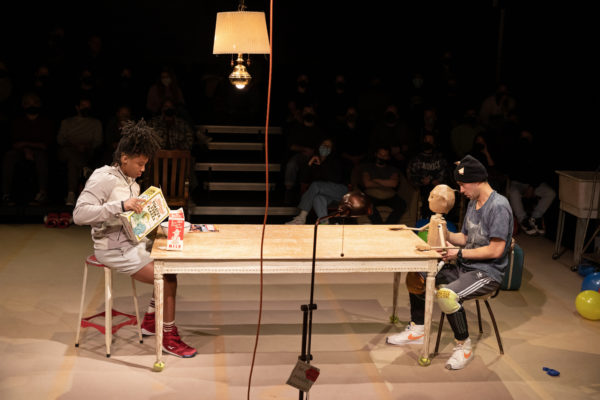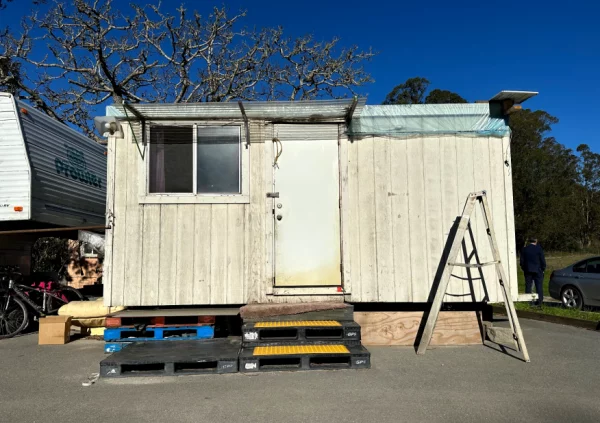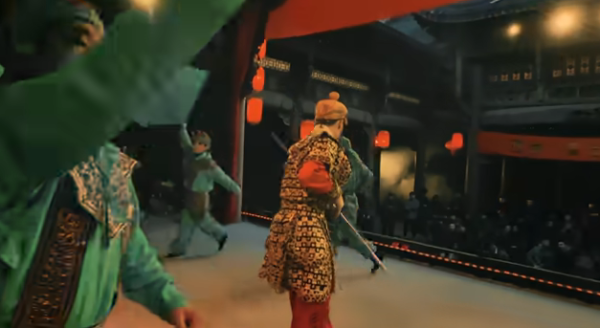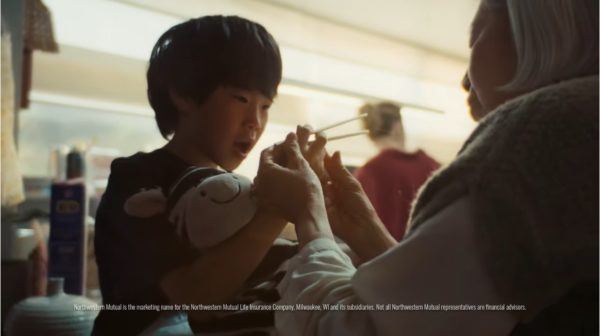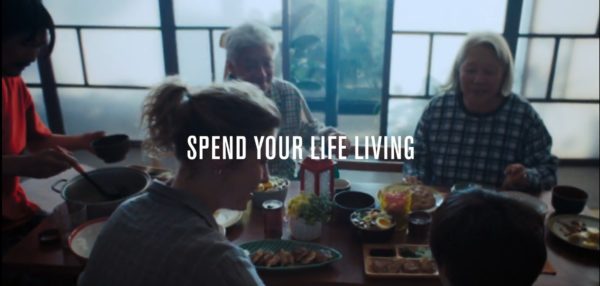 Almost every week, I get a new LinkedIn connect request from an attractive and highly accomplished Chinese woman. When I finally got around to looking in detail at the profile of one of these requestors, it was fake. Some many incredible yet fake Chinese women! I figured that these requests were part of some ongoing scam, and it turns out that they were part of a scam called pig butchering that often (but not exclusively) targets Asian Americans.
Almost every week, I get a new LinkedIn connect request from an attractive and highly accomplished Chinese woman. When I finally got around to looking in detail at the profile of one of these requestors, it was fake. Some many incredible yet fake Chinese women! I figured that these requests were part of some ongoing scam, and it turns out that they were part of a scam called pig butchering that often (but not exclusively) targets Asian Americans.
 How did I figure out that this particular profile was fake? I looked for inconsistencies in the fake woman’s profile and found that she claimed that she graduated from UCLA law school with a degree in design (see example screenshot above). Other than that, the profile was fairly consistent – her profile did show that she had the education and a track record one would expect for a design professional. I have obscured her face since the photo is probably taken from someone else’s profile.
How did I figure out that this particular profile was fake? I looked for inconsistencies in the fake woman’s profile and found that she claimed that she graduated from UCLA law school with a degree in design (see example screenshot above). Other than that, the profile was fairly consistent – her profile did show that she had the education and a track record one would expect for a design professional. I have obscured her face since the photo is probably taken from someone else’s profile.
There is a good article on these fake LinkedIn profiles in MIT’s Technology Review magazine. The scammers use fake profiles full of prestigious positions and schools to gain their victims’ trust. The author cites a time when one could find over 1000 supposed graduates of Tsinghua University (a top tier Chinese University) working at rocket company SpaceX. The scammers gain the trust of their victims and then have them invest in fraudulent investment platforms. The term “pig-butchering” comes from the long term scam, one that takes time to develop just like time time it takes to raise a pig to then butcher it. Scammers moved to LinkedIn after dating sites began cracking down on fake profiles. Some people have been taken for more than $1 million dollars. You can read one man’s experience with these scammers after he contacted them to see what would happen as well as others’ experiences.
If this story wasn’t bad enough, many of the people running the scams have been trafficked to places in Southeast Asia where they forced to work in hellish conditions. If you have been scammed, it is recommended that you contact law enforcement as soon as possible. The organization called the Global Anti-Scam Org, founded by scam victims, is also willing to try to help. LinkedIn, for it’s part, has recently set up a verification service to validate that members are working for the company that they say that they are from.

